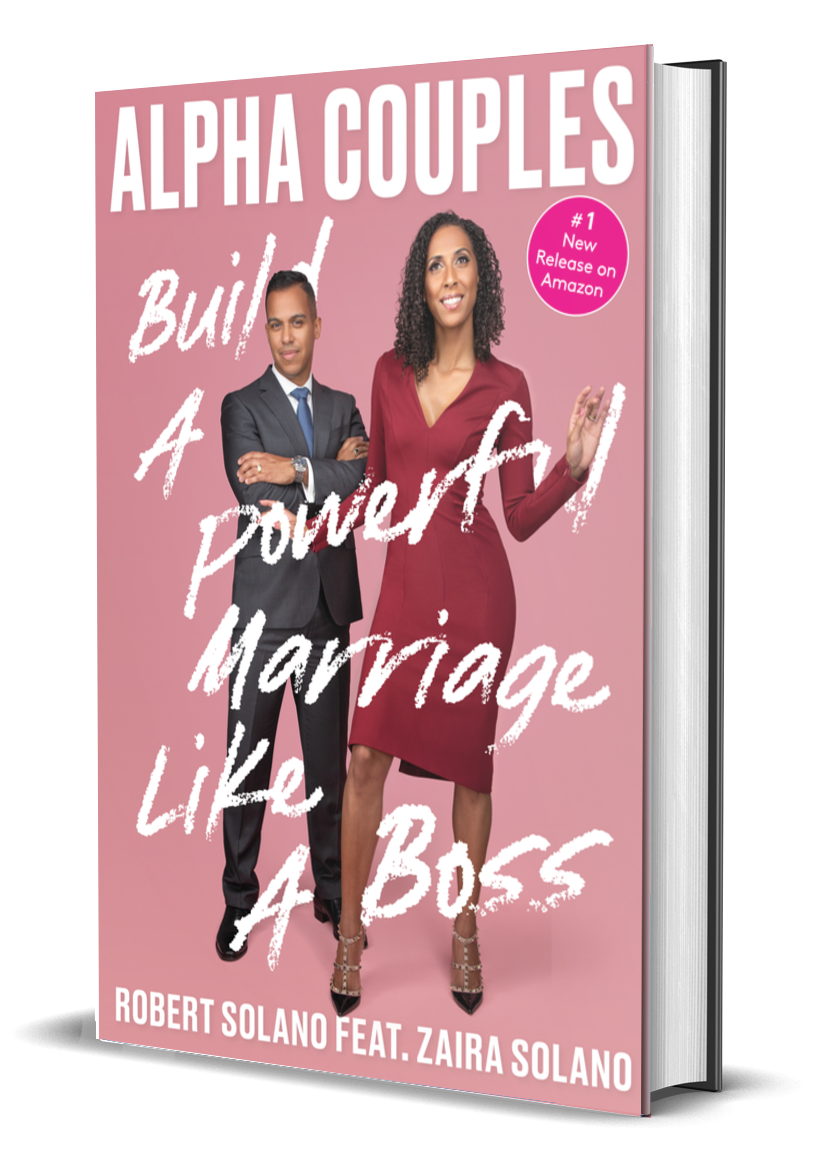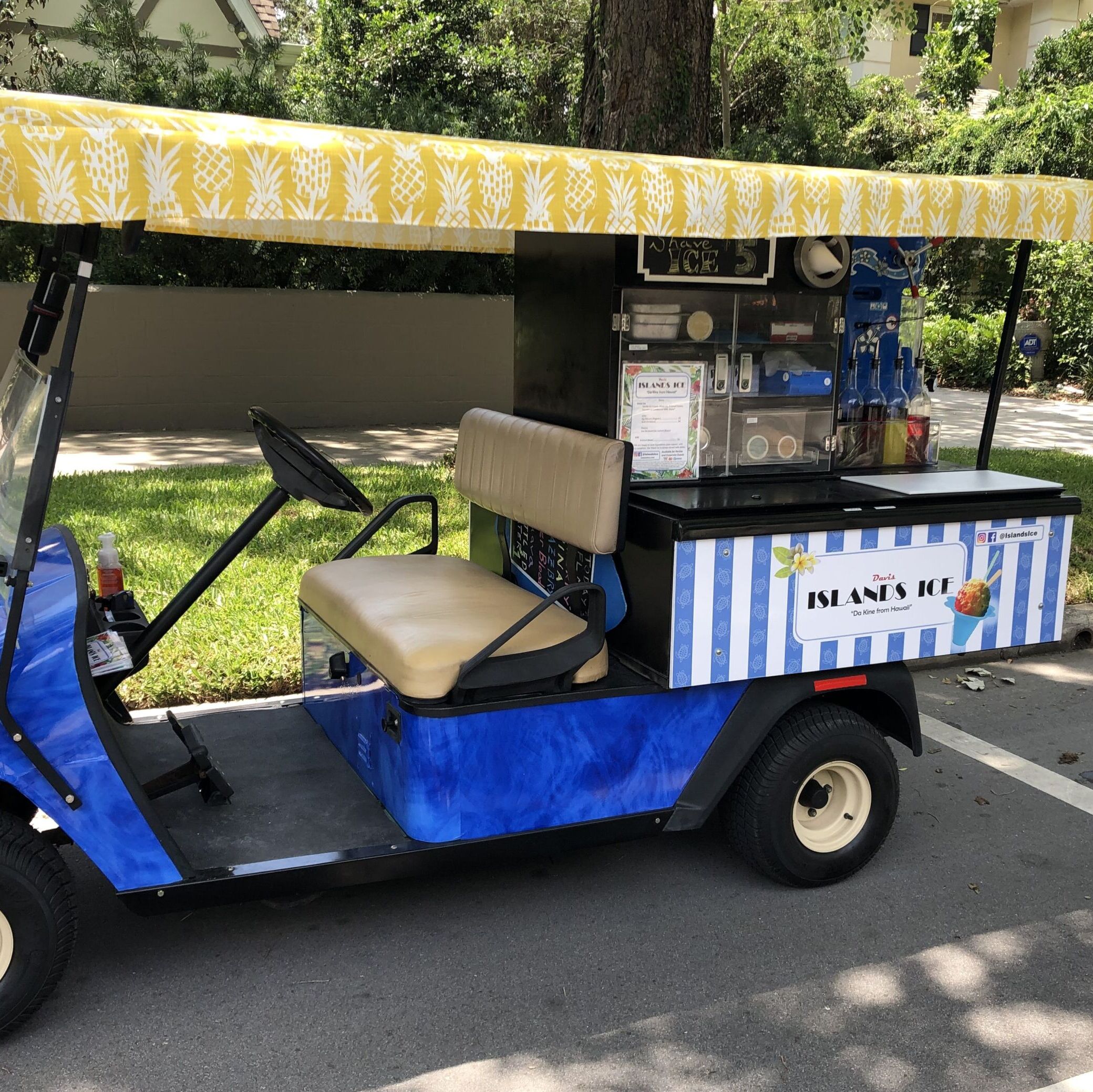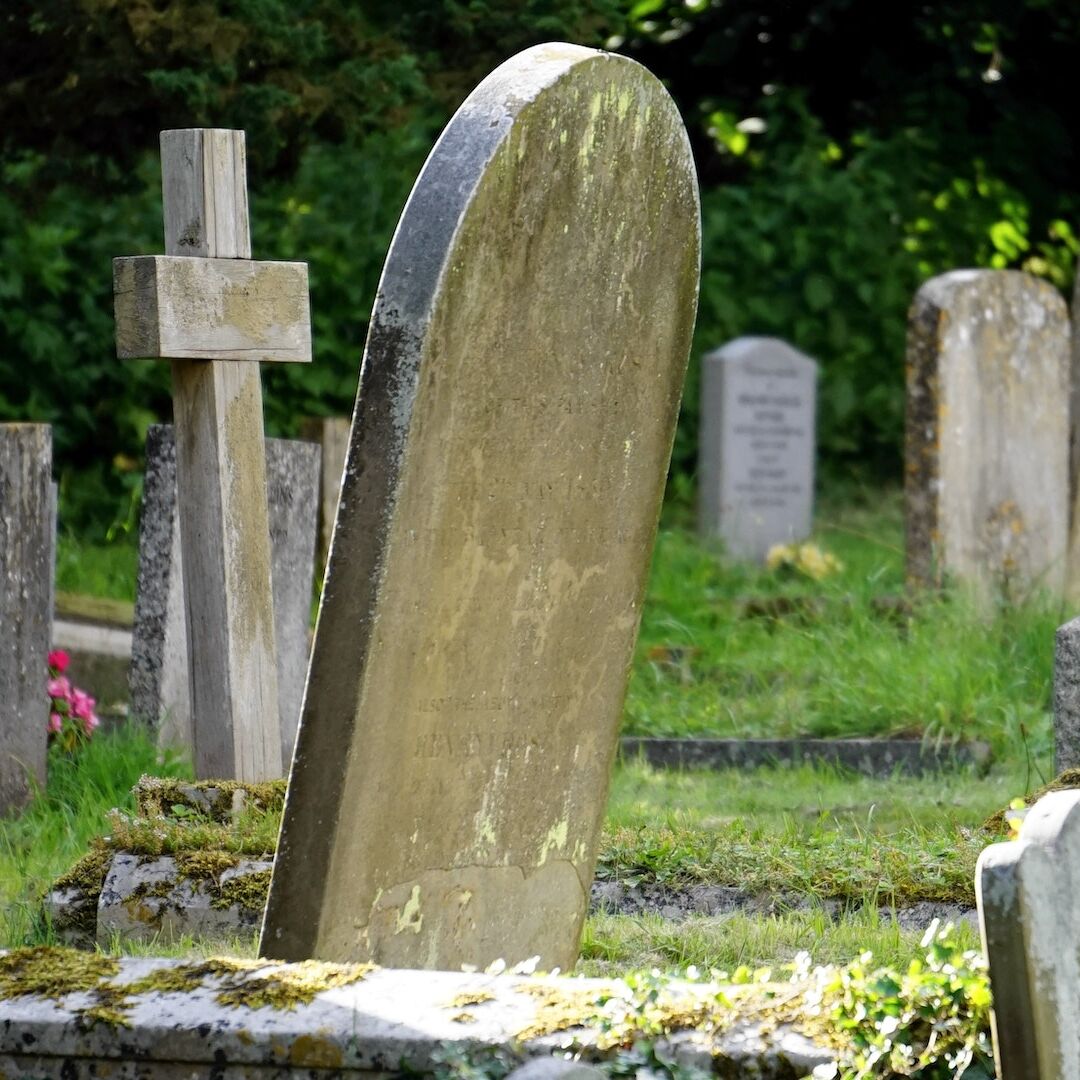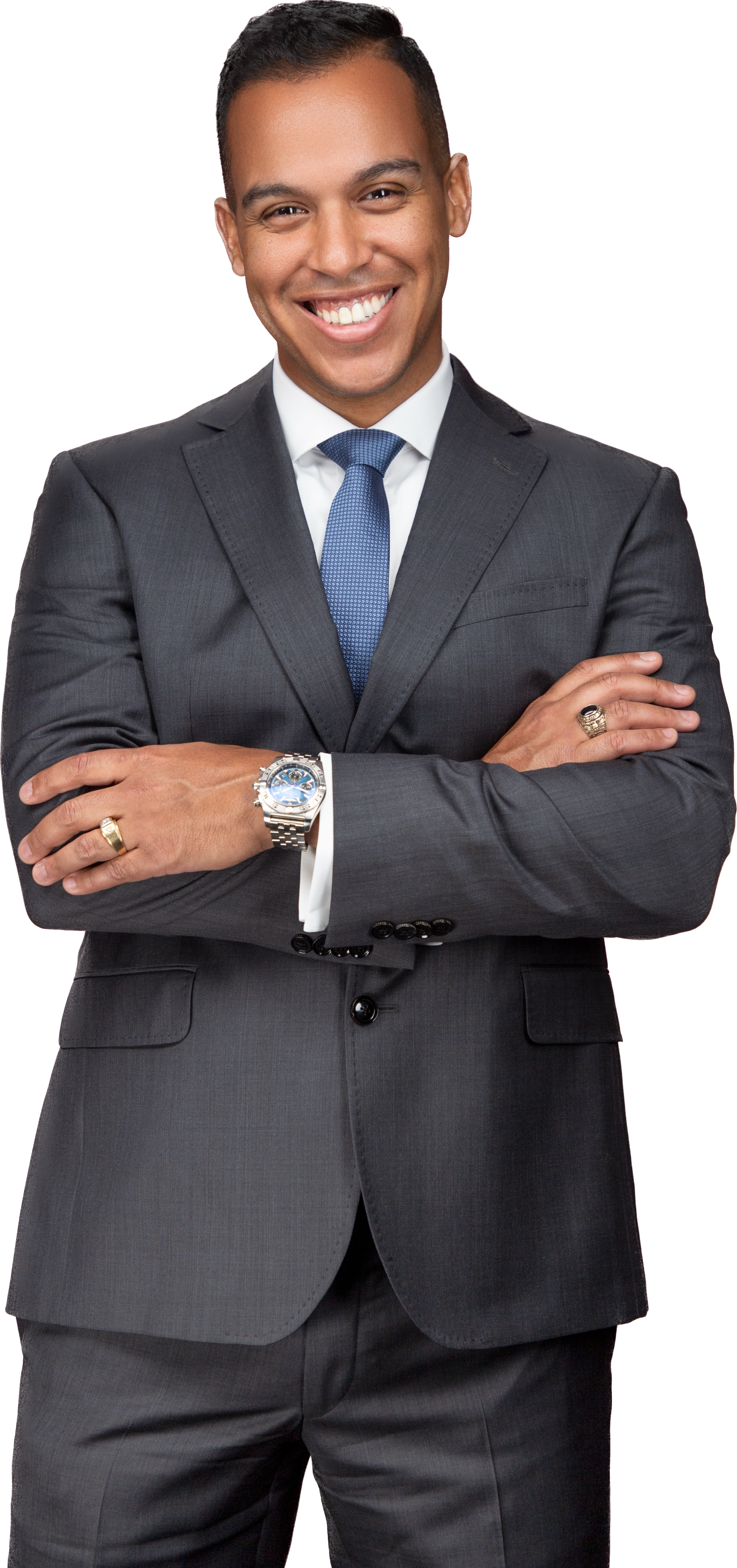Why I Quit my PhD Program and How I Found My Own Self-Worth
by Robert Solano

Photo by Keira Burton, at pexels.com.
I have finally made the difficult decision to quit my PhD studies. This was not an easy choice, and I had been contemplating it for almost two years before finally deciding to resign. Throughout my studies, many people have asked me about the program, and when I informed them of my decision to quit, some have asked why, while others have urged me to reconsider. I have written this blog post to answer my friends’ questions and to share my experience with others who may be considering starting or leaving a PhD program. I don’t want to discourage anyone, but I believe it is crucial to make an informed decision before committing four or five years of your life to a program.
To be clear, when I applied for the Aviation PhD program in 2014, I wrote in my essay that a doctorate degree would help me understand “the complex aviation environment” and prepare me for “the numerous challenges I will face in the future.” I expressed my desire to learn and to contribute to society’s body of aviation knowledge. However, the main reason I wanted a PhD degree was to be called “Doctor.”
I know this may seem superficial, but I believe that most students pursue their PhD degrees for the same reason. Only those who are highly conscientious would willingly subject themselves to another four years of rigorous education after completing a master’s degree, which already involves over 20 years of schooling from kindergarten to graduation. Conscientiousness is a major personality trait that measures a person’s tendency to follow a plan, complete tasks, and work consistently to achieve a goal. Conscientious people tend to be high-achievers in various fields, such as world-class athletes, Ivy League students, and neurosurgeons. In other words, they are the kind of people most likely to apply for a PhD program, and I am no exception.
I have always strived to reach the next level. I earned a Bachelor’s degree in Mechanical Engineering from West Point, became a combat pilot after flight school, and obtained a Master’s degree in Aerospace Engineering from Georgia Tech (also known as Rocket Science). I have completed numerous marathons, a 140.6-mile Ironman triathlon (it took me 13 and half hours to finish), and was a finalist for NASA’s astronaut selection (you can check out my full career on LinkedIn). For me, a PhD degree was simply the next level and another milestone in a lifetime of progressively challenging goals.
However, I realize now that I have been pursuing these accomplishments and titles to prove my self-worth. I mistakenly believed that being called “Doctor” would command more respect, demonstrate that I was more qualified than my peers, and help me earn more money. I thought that having a doctorate degree would unequivocally establish me as a subject matter expert in my field. But when I started my PhD program in 2015, I realized that I was wrong.
The school I attended has the best distance learning aviation doctorate program in the nation. I don’t want this post to reflect negatively on the school, so I will not name it. Nevertheless, I believe that my experience is similar to that of many students in institutions across the country. In general, the PhD program comprises two years of academic classes followed by two years of dissertation research. Our first major event was a week-long residency on campus that culminated in a Poster Day, during which we presented our initial research topic to other students and faculty.
Leading up to our first residency, I was excited. It was great to meet my future classmates and faculty. I was especially thrilled about Poster Day. This was my first opportunity to present my initial research topic, an area that I would focus on during my academic classes and follow-on research.
I had a great idea. I planned to use crowdsourcing, Markov chains, and machine learning to train an aircraft autonomous emergency landing system. It was a novel idea, and I believed that it was a necessary first step in creating a future society where all commercial aircraft are un-piloted, circa 2035.
On the morning of the presentation, I wore my best suit and tie, rehearsed my 60-second elevator pitch, and then stood readily by my poster when the presentations started. Curious attendees walked up to my poster, I gave them my pitch, and then they asked me questions or gave me advice.
In more words or less, the instructor feedback was that my research was a bad idea. They grilled me about the experiment validity, error, implementations, and the like. They recommended numerous changes, and by the time I left residency, only a few weeks into my studies, my brilliant idea was dead on arrival. The corrected research plan looked nothing like my original brilliant idea.
The criticism of my initial research idea was a setback, but I brushed it off and began my academic studies. My program was mostly through distance learning, which was convenient since I worked a full-time job. I took two classes per trimester, which required about 20 hours per week of classwork. Usually, I would get home from work, open a bottle of wine, and lock myself in my office. I read, researched, and wrote from 7:00 pm until the bottle of wine was empty, usually about 10:00 pm. After I shut down my computer, I would make a quick dinner at 11:00 pm and then go to bed. I usually worked like this Monday through Thursday. I took off Friday evenings to spend time with my fiancé or friends, and then I worked another 6 to 8 hours on Saturday or Sunday. For two years, I barely went to the gym, neglected to spend time with my soon-to-be wife, and became a borderline alcoholic—but at least I was on my way to a PhD!
I read hundreds of pages each night for my PhD classes. Although the classes were through distance learning online, the school did a great job of fostering camaraderie and educational discussion between classmates. The teachers were always responsive and eager to help students. I also worked on numerous group projects and have a lot of respect for my classmates. When we saw each other at summer residency, it was always a big celebratory reunion. I will miss those experiences.
Some of the classes I took were interesting, and I learned more about aviation topics than I ever thought possible. But what surprised me was that I learned more about the research process than I did about aviation. Almost half of my classes were about research methodology, design of experiments, statistics, probabilities, correlations, analysis of variance, and many more research methods. Due to these in-depth research methodology classes, I no longer trust any statistics I read in news unless it is linked to a peer-reviewed research article that I can review. And even if it is linked to a peer-reviewed article, I learned that almost half of all peer-reviewed research is complete crap. My PhD research significantly increased my ability to recognize the exaggerations and innocent misrepresentations that are rampant in all news sources and many nonfiction books.
The aviation-related classes were nothing like my bachelor’s or master’s degree studies. We rarely used textbooks, and assignments were relatively unstructured. A final exam question was usually something like, “Discuss three reasons why the aerospace industry is vital to the U.S. economy.” We were free to write about anything that loosely answered the question as long as we demonstrated doctorate-level literature reviews and analysis. There was rarely a ‘right’ answer to any of the homework assignments, essays, or term papers. We had broad leeway to write about almost anything we wanted.
In order to complete the coursework, I learned how to speed-read through 20 or 30 research papers per night, each of which was usually 10-30 pages, for a total of about 400 pages per evening. I wrote more essays and discussion board posts during my two years working on my PhD than I ever wrote my entire life up to that point. This is a habit that I carried over to help with blogging.
I say all of this because I am extremely grateful for my PhD experience. 2015 to 2017 was a grueling two years, but well worth it. Despite the benefit, my excitement in studying began to fade in 2017. As I suffered through my PhD coursework, I learned something about myself. I realized that I was pursuing a PhD to validate my own self-worth. I thought that being a doctor would gain me more respect and authority in my field. Eventually, I realized that this was a false assumption.
I learned that respect begins with respecting myself, and that other people will value me only as much as I value myself first. Furthermore, I realized that the best way to establish myself as a subject matter expert was by building strong relationships and delivering results.
In 2017, I became disillusioned with writing assignments. Most of my essays and discussion board posts were forgotten as soon as each semester ended. It’s unlikely that anyone in the world would be interested in reading my essay about the Contract Mail Act of 1925. While the school encouraged students to submit their final term papers for publication in academic journals, one semester isn’t long enough to develop a publishable article. I was lucky to publish one conference paper and one magazine article during my studies, but most of my essays were boring and academic fluff. As an experienced professional, it’s frustrating to spend so much time writing just to meet a word count. That’s why I created this blog page in January 2018 as the antithesis to all the writing I felt was wasted in my academic classes.
Despite the positives and negatives I’ve already mentioned, the main reason I quit my PhD studies is that I couldn’t align my academic goals with my personal and professional goals. My life goals are to complete my service in the Army, start my own business, raise a happy and healthy family, be a leader for my community, be a good friend, and live a purpose-driven life. I also recently came up with the goal of writing a book about Alpha Couples.
I’m not interested in being a university professor or working in a research lab. After careful reflection, I realized that a PhD isn’t required for anything I want to accomplish in life. In many ways, spending over four years on a PhD was actually affecting my ability to be a good husband, friend, or leader. It also required time and energy that I could use to write my book. So, in 2017, after completing two years of academic coursework, I took a leave of absence from my studies.
After spending six months reflecting on the PhD program and worrying about the dissertation, I realized that the research process would be a nightmare. The process involves submitting 25 pages of the paper, receiving feedback from the dissertation board that it’s not good enough, making revisions and resubmitting, and repeating this cycle for about two years until a 200-300 page paper is complete and approved. This process of continual editing was not appealing to me as I value unfettered creativity.
Despite my doubts and dissatisfaction, I felt it was difficult to quit. I had already invested over two years, hundreds of hours of work, and more than $50,000 in tuition fees (partly self-funded and partly through the GI Bill). I was halfway through the program and had to write only one more paper, albeit a lengthy one. So, after a six-month hiatus, I resumed my PhD studies.
In 2018, I developed a new research topic related to my career in the Army. I planned to conduct mixed-method factor analysis by interviewing and surveying aviation project managers and contract officers to learn about their challenges in developing aviation software. I believed that this topic would be beneficial to me professionally and enable me to build relationships in my community. I wrote a 20-page proposal and submitted it to my advisor.
However, my advisor rejected my proposal, stating that my research plan was too qualitative and not quantitative. I spent the next three months modifying my topic and found a database that would provide a considerable amount of quantitative data. Instead of interviewing senior program managers and contract officers, I would review and analyze hundreds of rows of data in an Excel spreadsheet. I believed that my new proposal would get approved, but then I realized that I would be miserable analyzing a massive Excel spreadsheet for the next two years of my life.
I don’t envy the role of a research advisor. They see dozens of subpar research ideas every semester. They must steer students away from bad ideas and help them select research topics that have the greatest probability of resulting in a successful graduation. Simultaneously, they must also protect their school’s reputation by ensuring that students deliver high-quality academic research. The PhD dissertation process is understandably lengthy to ensure that dissertations meet the doctoral level. Unfortunately, this process requires students to spend an excessive amount of time and energy on the process, and not on their research. In many instances, students spend a year trying to get their experiment approved, less than two months completing their data collection, and then another year writing a dissertation that satisfies the preferences of their dissertation board. Almost all dissertations conform to the school’s research style, which usually begins with a cookie-cutter MS Word document that explicitly dictates section titles, page count, and research approach. Most dissertations are about 200 pages and rarely include more than a handful of enlightening paragraphs.
In contrast, Einstein’s General Theory of Relativity, a beautiful 24-page paper that changed our understanding of the physical world, would be insufficient as a PhD dissertation. In today’s PhD programs, structure and processes are prioritized over innovation and creativity. At the end of the process, most students have a “just get it done” attitude. Any excitement or hope they had at the beginning of their research is completely destroyed. They find joy again when they graduate and earn the title of Doctor, not because they are incredibly proud of their research, but instead because they can finally stop the self-flagellation.
Without completing the full dissertation process myself, I will never fully understand the thoughts, logic, and emotions of PhD candidates during the final stages of the dissertation process, but I know that I would not have been happy.
I also can’t say for certain if my proposed research topics were any good. They may have fallen into the realm of crappy research; I think my ideas were great, but a parent rarely thinks their child is ugly. On the other hand, they may have been great ideas but could have been too difficult to complete during the two-year dissertation process.
At that point, after getting my idea rejected again, I was close to quitting my PhD studies, but I still hesitated. I had invested a lot of time and money into my PhD studies, but more importantly, I felt that I was letting people down. I had dozens of friends and classmates who encouraged me to stay with the program and helped me throughout my studies. I had supervisors who gave me time off to complete residency or leave work a little early to work on my final exams. I had professors who were incredibly supportive and willing to work with me throughout the dissertation process. And, I had proud parents, siblings, and coworkers who smiled whenever they introduced me as “…and Robert’s working on his PhD.” I felt obligated to these people that I love, to complete my studies.
I thought about quitting my PhD for two years, from 2017 to 2019. Then, one of my coaches, Rjon Robbins, presented me with an incredibly simple lesson. He said that “Wise people use death as an adviser.”
So, I asked myself, “Would my decision be different if I knew that I will die tomorrow? Next year? In 5 years? In 50 years?” In every timeline, my PhD studies were a trivial point. If I knew that I would die in 5 years or less, I would quit instantly. If I knew that I would die in 50 years, a PhD degree wouldn’t make much of a difference one way or another. So, shortly after that lesson, I resigned.
I have an incredible amount of respect for PhD programs, their faculty, and students; I am proud to call my classmates my friends. Although I was not always happy, I learned an incredible amount during my PhD program. I am especially grateful because my studies changed the way I think and analyze news, articles, books, and research. This is a skill that significantly improved the way I process information.
Almost immediately after quitting the program, I felt a wave of relief come over me. My stress magically disappeared. I began exercising more frequently, ate healthier, drank less alcohol, and spent more time with my fiance. I also began writing for pleasure, which eventually led to this blog my first published book, Alpha Couples: Build a Powerful Marriage Like a Boss. Although I didn’t get my doctorate, my PhD studies made me a better researcher and writer which I ue in all aspects of my career.
Although I quit my PhD studies, I will take the education with me forever.







